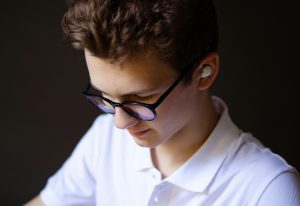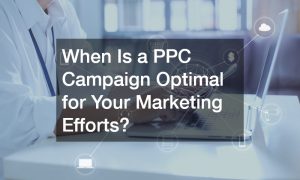Many people dislike the idea of wearing eyeglasses. Some feel that they will no longer look cool with their spectacles on. Wearing glasses can make it hard to accomplish specific activities such as running and playing sports. It can also cost you money every time you need to buy a new pair or when you need to undergo eye exams. However, if you have peripheral vision loss, you may very well need a pair of prescription smart glasses to help you see better.
To help you feel better and temporarily forget about your love-hate relationship with your spectacles, we’ve prepared a couple of little-known fun facts about eyeglasses. Here are six common myths and misconceptions concerning your prescription eyeglasses that you need to stop believing asap.
- Myth #1: Only sunglasses can protect your eyes from harsh UV rays.
- Myth #2: If you wear eyeglasses, you can’t play sports.
- Myth #3: You won’t need eyeglasses if you eat many carrots.
- Myth #4: If you start wearing prescription lenses, you will be dependent on them.
- Myth #5: letting your child sleep with a nightlight can cause nearsightedness.
- Myth #6: Reading in dim lighting is bad for your eyes.
Myth #1: Only sunglasses can protect your eyes from harsh UV rays.
It is true that sunglasses are an excellent way to protect our eyes from sunlight. However, the only types of glasses that can effectively do this are those with proper UV protection. This means that even prescription glasses can protect your eyes as long as they have UV-blocking agents. Remember that dark-shading is not enough.
Myth #2: If you wear eyeglasses, you can’t play sports.
Many think that people who wear eyeglasses cannot play sport with ease. The good news is that this is only a thing of the past. These days, prescription glasses come in many forms. Some are smart, while others are specially made for sports and occupational safety. This means that you should not use your eyeglasses as an excuse for not playing your favorite sport.
Myth #3: You won’t need eyeglasses if you eat many carrots.
Carrots are good for the eyes due to their vitamin A content. Eating too many carrots won’t “cure” or prevent vision problems such as myopia and hyperopia. Eating too many carrots can also cause your skin to turn yellow-orange temporarily. It can, however, help protect your eyes from age-related macular degeneration.
Myth #4: If you start wearing prescription lenses, you will be dependent on them.

This is a common misconception, but the good news is that your eyes will never get weaker due to your spectacles. You may need to change your lenses with a stronger prescription, but this has nothing to do with your eyeglass use. Your eye condition changes as time passes by. Your glasses will help you see better, but they won’t necessarily weaken your vision.
Myth #5: letting your child sleep with a nightlight can cause nearsightedness.
Before, many parents feared the use of nightlight, thinking that these could contribute to myopia. Myopia is a condition commonly known as nearsightedness. A study shows that nightlights won’t cause nearsightedness. As a matter of fact, these can help kids develop focus and eye coordination.
Myth #6: Reading in dim lighting is bad for your eyes.
Many of us like reading before bedtime. Some prefer reading in the dark with only a lamp on to avoid disturbing other people’s sleep. However, many will tell you that this is one thing that can weaken your eyesight. In reality, it has nothing to do with your late-night reading. Our eyes grow weaker as we grow older, and eye problems can cause our vision to weaken.
These are some of the things everyone should stop believing when it comes to vision and eyeglasses. Certain habits may ruin your eyesight. But the six mentioned above are only myths. Our favorite is myth #3, but don’t let that stop you from loving your carrots!





